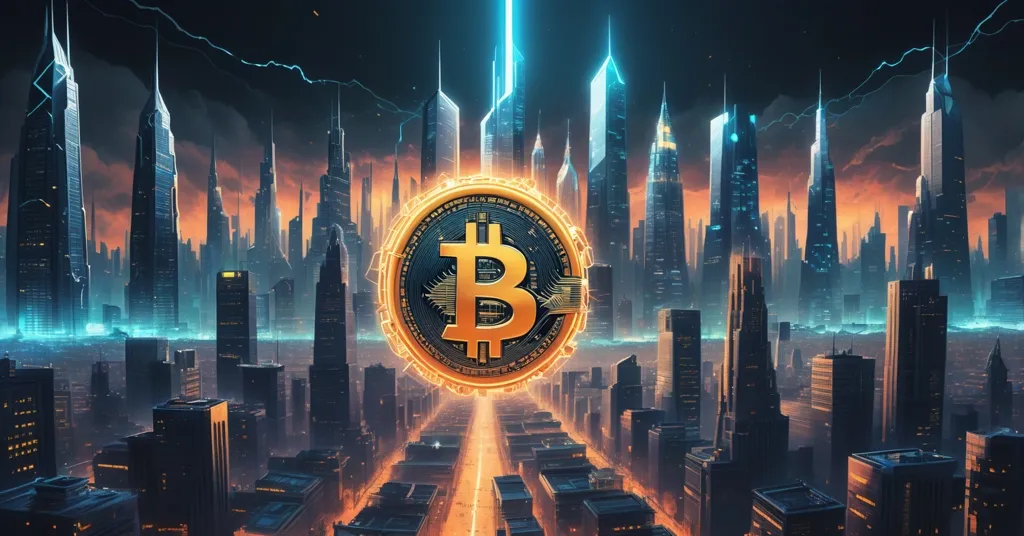Bitcoin vs. Centralized Power: Can BSV Restore the Original Vision?

Bitcoin’s Rebellion Against Big Tech, Big Banks, and Big Gov: Can BSV Deliver?
Bitcoin was born as a defiant answer to centralized control, a digital uprising against the iron triangle of Big Tech, Big Banks, and Big Government that has shaped money, data, and behavior for centuries. Yet, somewhere along the way, its revolutionary spark was dimmed by the very forces it aimed to disrupt. Today, we’re peeling back the layers of history and tech to see how this power triad operates, why Bitcoin Core (BTC) fell short of its promise, and whether Bitcoin SV (BSV) can reclaim that original vision of freedom—or if it’s just another long shot in a rigged game.
- Centralized Power’s Grip: From 19th-century banking dynasties to modern surveillance tech, control over finance and behavior remains a constant.
- Bitcoin’s Compromise: BTC’s scalability limits and “digital gold” narrative sidelined its peer-to-peer cash potential, aligning with traditional finance.
- BSV’s Fight: Bitcoin SV pushes for unlimited scale and data ownership, but battles technical risks and suppression from entrenched interests.
The Roots of Centralized Control: A History of Manipulation
Let’s kick off with a history lesson that’s more sinister than any thriller. Back in the early 1800s, the Rothschild family didn’t just finance wars—they rigged markets with information networks that today’s tech moguls would envy. Nathan Mayer Rothschild got news of the Battle of Waterloo before London, using couriers and carrier pigeons to manipulate stock prices for massive gains. This wasn’t mere opportunism; it was the blueprint for control through data superiority, a tactic that lives on in today’s algorithmic trading and insider plays, much like the historical influence of the Rothschild banking empire on modern financial systems. By 1944, the Bretton Woods agreement made the U.S. dollar the world’s backbone, tied to gold until Nixon cut the cord in 1971, unleashing fiat currency—a system of endless money printing that’s ballooned into our current debt swamp. The Federal Reserve became the global ringmaster, with Big Banks as loyal enforcers.
Control isn’t just financial; it’s psychological. Post-World War II, Las Vegas under mobsters like Meyer Lansky and Moe Dalitz turned casinos into labs for human behavior, stripping away clocks and windows to distort time and hook gamblers on dopamine loops. These tactics caught the eye of agencies like the CIA, whose experiments in mind control paved the way for subtler modern coercion. Fast forward, and Silicon Valley—born from Cold War research at Stanford Research Institute—became the new frontier of control. Figures like Peter Thiel, with Palantir’s government-tied data analytics, and Elon Musk, whose Neuralink toys with brain tech while guzzling public



